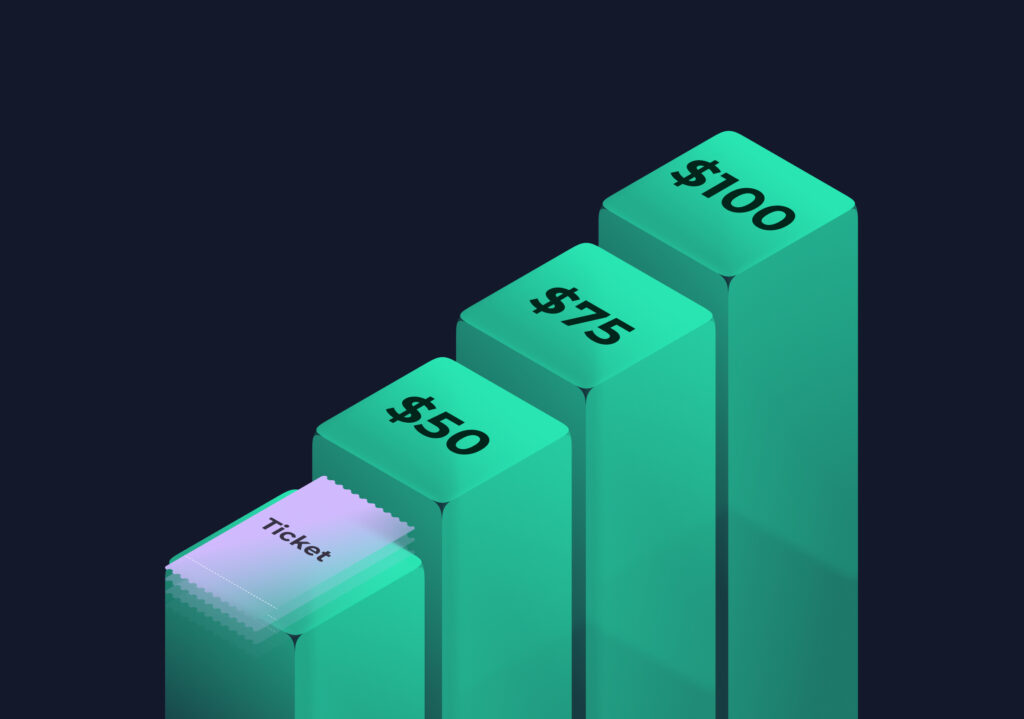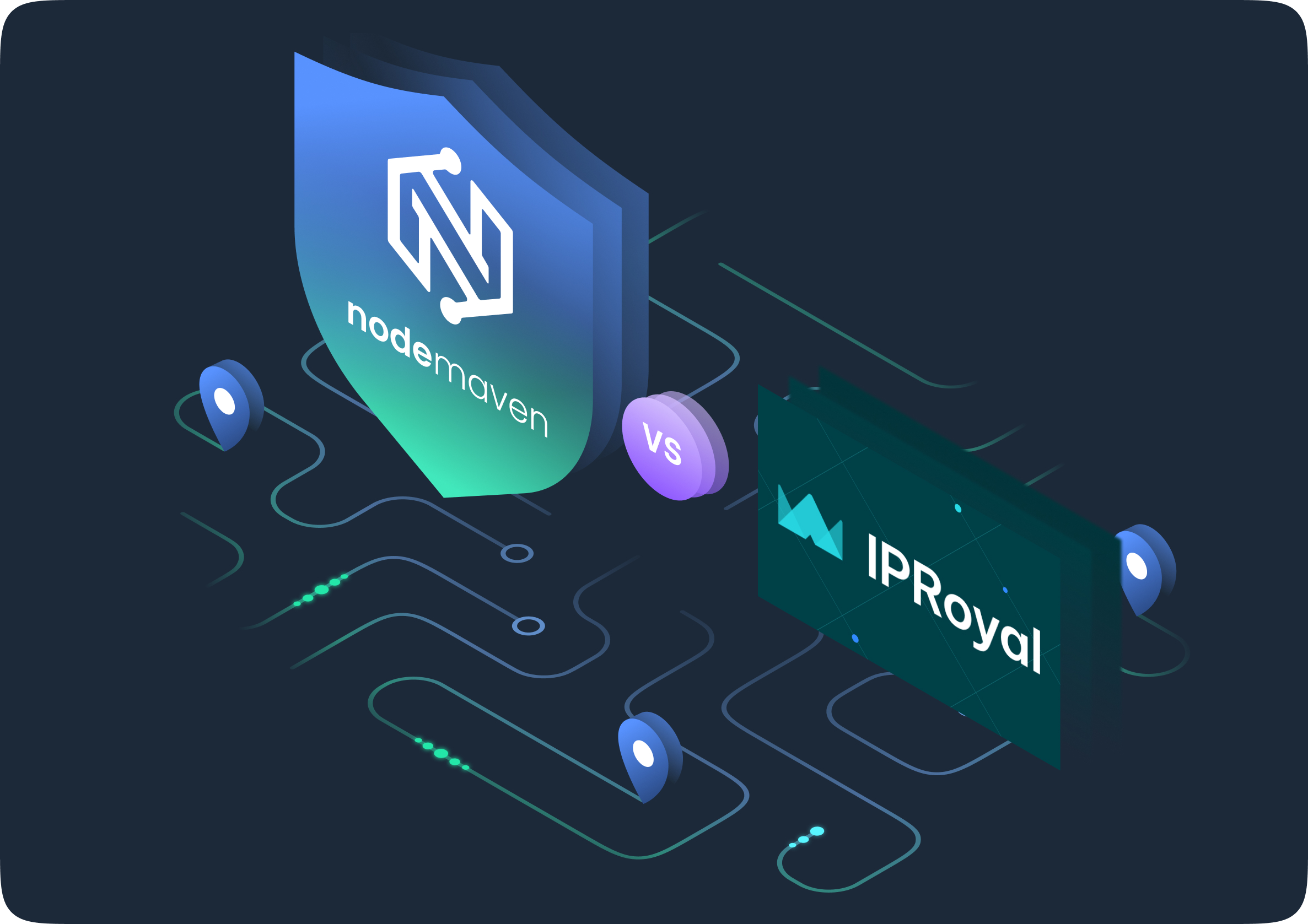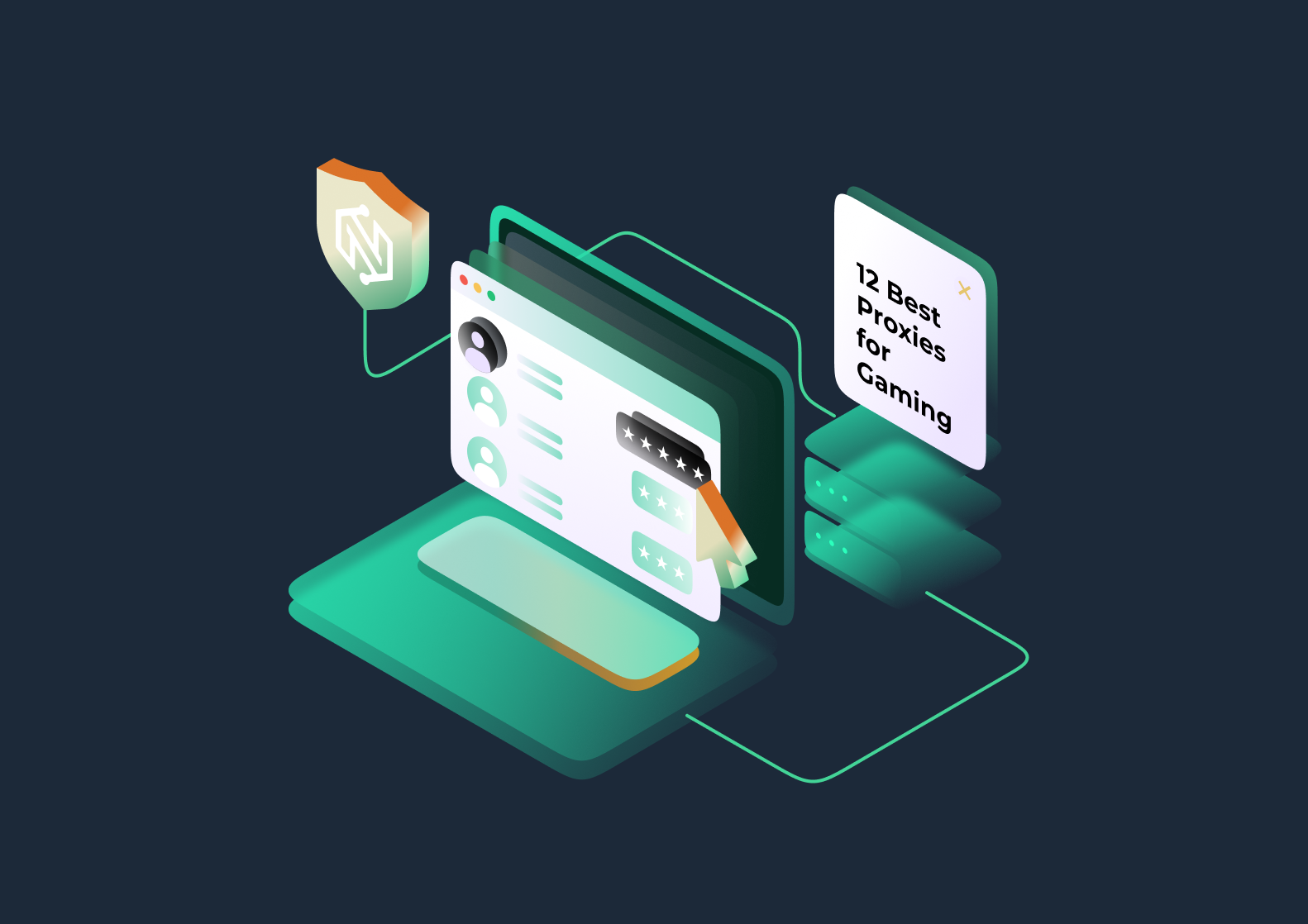Ticket scalping has been a part of live events for decades, evolving from individuals reselling concert tickets outside of venues to sophisticated online operations that trade in thousands of seats.
For fans, scalping often means higher prices and limited access. For sellers and resellers, it is a thriving business model driven by demand, scarcity, and digital platforms.
This article explores the history, legality, economics, and technology behind ticket scalping — and examines how proxies and digital infrastructure like NodeMaven play a role in shaping this complex marketplace.
What Is Ticket Scalping?
Ticket scalping refers to the resale of tickets for concerts, sports events, theater productions, or other live performances at a price higher than their original face value. Traditionally, scalpers sold tickets in person outside venues, but today, most scalping occurs online through secondary marketplaces, classified ads, and peer-to-peer platforms.
The key characteristic of scalping is arbitrage: purchasing tickets at a lower face value and reselling them at a markup, often many times higher, depending on demand.
A Brief History of Ticket Scalping
Ticket scalping has shifted dramatically over the years. From individuals trading tickets outside venues to today’s high-tech online resale markets, the evolution of scalping reflects changes in both consumer behavior and digital infrastructure.
Street-Level Scalping
In the past, ticket scalpers operated near event venues, offering tickets to fans who had missed official sales. This method relied on scarcity, desperation, and proximity.
The Rise of Secondary Marketplaces
With the advent of the internet, scalping shifted from physical exchanges to platforms such as eBay, StubHub, and other ticket resale websites. These allowed resellers to reach a much broader audience.
Automation and Digital Scalping
The modern ticket scalping industry often involves automated purchasing systems. These tools can secure large numbers of tickets within seconds of release, reselling them almost instantly at inflated prices.
Why Ticket Scalping Exists

Supply and Demand Imbalance
Popular events often sell out quickly because demand exceeds supply. Fans who miss out are willing to pay more on the resale market. Scalpers exploit this imbalance.
Profit Motive
For many scalpers, ticket resale is a lucrative side business or even a full-time profession. Margins can be significant, especially for high-demand concerts, sports finals, or exclusive shows.
Inefficient Primary Market
Some argue that ticket scalping simply reflects inefficiencies in the primary ticket market. If tickets are underpriced relative to demand, resellers step in to set a “true” market price.
The Legal Landscape of Ticket Scalping
The legality of scalping varies widely, depending on jurisdiction and method. While some regions regulate resale closely, others allow it freely, creating a fragmented global landscape. This section highlights key laws and regulations shaping the industry.
State and National Laws
The legality of ticket scalping varies worldwide. Some jurisdictions ban resale above face value, while others regulate it or permit it entirely.
- United States: Laws differ by state. Some allow unrestricted resale, while others enforce strict anti-scalping laws.
- United Kingdom: Ticket resale is legal but regulated. The Consumer Rights Act requires resellers to disclose original price and seat location.
- European Union: Regulations vary by member state. Some countries impose strict controls; others permit free resale.
Anti-Bot Legislation
In the United States, the Better Online Ticket Sales (BOTS) Act of 2016 made it illegal to use software to purchase tickets in bulk. However, enforcement remains a challenge.
The Economics of Ticket Scalping
Ticket scalping is not just about buying and selling — it’s about exploiting supply and demand. Understanding who benefits and who loses helps reveal the broader economic implications for fans, artists, and venues.

Winners and Losers
- Scalpers: Profit from price markups.
- Consumers: Some gain access to tickets otherwise unavailable but at inflated prices.
- Artists and Venues: Lose potential revenue, as they do not capture the resale markup.
Price Elasticity of Demand
The willingness of fans to pay higher prices varies by event. Scalpers take advantage of inelastic demand, where die-hard fans will pay almost any price.
Technology and Ticket Scalping
Technology has redefined how scalping works. Automated purchasing systems, software tools, and digital marketplaces have all made it easier for scalpers to scale operations far beyond what was possible at the venue level.
The Role of Automation
Automated purchasing systems can exploit ticketing websites, buying large quantities in seconds. This gives scalpers an advantage over ordinary consumers.
The Role of Proxies
Ticketing platforms often limit the number of tickets per buyer or per IP address. To scale purchases, scalpers rely on proxies that provide multiple unique IP addresses.
NodeMaven Proxies and Ticket Scalping
Proxies play a significant role in modern ticket scalping strategies. By offering unique IPs, session diversity, and geo-targeting, services like NodeMaven help digital hustlers maintain access and stability across ticketing platforms. This section explains how proxies fit into the broader picture.
Why Proxies Matter
For digital hustlers, proxies are an essential infrastructure for online operations. In the context of ticketing, ticket proxy servers can enable users to access regional ticket releases, manage multiple sessions, and reduce the risk of disruptions caused by repeated login attempts or account activity.
NodeMaven’s Advantage
NodeMaven offers:
- Residential Proxies: IPs that look like real devices, making them less likely to trigger flags.
- Mobile Proxies: Carrier-based IPs with the highest trust ratings across platforms.
- Static and Rotating Sessions: Essential for maintaining persistent logins or diversifying access strategies.
- Geo-Targeting: Ability to connect from different cities or countries, useful when tickets are region-specific.
While NodeMaven provides infrastructure designed for multi-accounting, session management, and geo-targeting, users are responsible for creating compliance with platform terms of service and local laws.
Want to Scalp Tickets at Scale? Sign Up Now and get 1GB of Traffic for €3.99
The Ethics of Ticket Scalping
Ticket scalping is controversial because it pits free-market dynamics against fairness for fans. Some argue it grants efficiency, while others see it as exploitation. This section weighs both perspectives.
Arguments Against Scalping
- Unfair to Fans: Prices are artificially inflated, excluding ordinary fans.
- Damages Artist Reputation: Artists are blamed when fans cannot access tickets.
- Encourages Automation Arms Race: Leads to increasingly sophisticated bots.
Arguments Supporting Scalping
- Market Efficiency: Resale reflects true market value.
- Consumer Choice: Fans who value access highly can still attend, albeit at a premium.
- Liquidity: Provides a mechanism for buyers to resell tickets they cannot use.
How Fans and Promoters Respond
Both fans and promoters have developed strategies to cope with scalping. Fans adapt their buying habits, while promoters test new systems like dynamic pricing and identity-based ticketing. This section explores these responses.
Fans
- Some fans wait until closer to the event when prices may drop if demand softens.
- Others turn to official fan clubs or presales to secure tickets before public release.
Promoters and Platforms
- Many promoters are experimenting with dynamic pricing, adjusting ticket prices in real time to reflect demand.
- Some platforms implement identity-based ticketing, linking tickets to individual IDs to curb resale.
Types of AI Agents in Ticketing (H3 tie-in for SEO relevance)
Although not directly linked to scalping, AI agents are increasingly being used by promoters to detect fraudulent activity and irregular purchasing patterns. These tools aim to reduce the effectiveness of automated scalping systems.
The Future of Ticket Scalping
The ticket resale industry is still evolving. As technology advances and regulation tightens, the balance of power between scalpers, fans, and platforms will continue to shift. This section looks ahead at what the future might hold.
Technological Arms Race
As ticket sellers strengthen defenses with CAPTCHA, identity verification, and anti-bot measures, scalpers continue to adapt with new tools and methods.
Greater Regulation
Governments may impose stricter controls on secondary markets and greater penalties for automated bulk buying.
Market Innovation
Blockchain-based ticketing systems promise greater transparency and reduced fraud, though adoption remains limited.
Conclusion
Ticket scalping remains one of the most contentious issues in the live entertainment industry. It thrives because demand for tickets often exceeds supply, leaving room for arbitrage.
Technology, from bots to proxies, has reshaped the landscape, making ticket scalping faster, broader, and more difficult to regulate. While platforms like NodeMaven provide proxy infrastructure for digital entrepreneurs, ethical and legal responsibility ultimately lies with users.
The debate over scalping will continue, balancing market efficiency, consumer fairness, and technological evolution.


